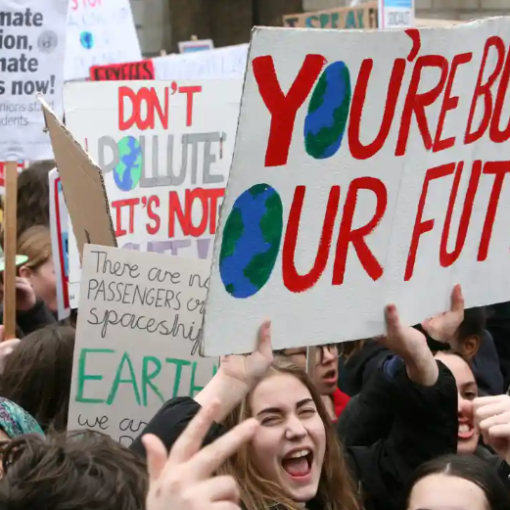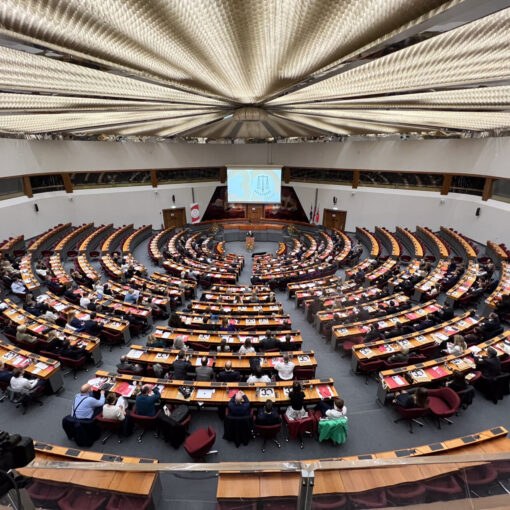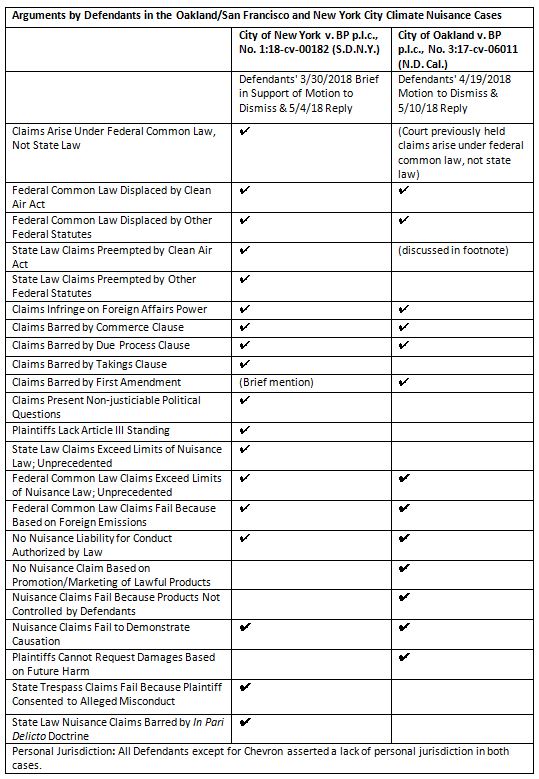Workshop on Global South Climate Litigation: A first step in a broader discussion on climate litigation in the Global South
By Maria Antonia Tigre and Melanie Murcott
Climate litigation is rapidly becoming a global phenomenon, making courts essential players in the movement towards employing climate governance to advance and protect human rights, and vice versa. Climate litigation in the Global South, in particular, is utilizing human rights to push for greater ambition in adaptation and mitigation efforts, especially where governments’ responses to the causes and myriad impacts of climate change have been inadequate or inconsistent with applicable laws and policies. To help further the dialogue, on December 2nd, 2021, the Sabin Center for Climate Change Law and the Global Network for Human Rights and the Environment (GNHRE) hosted the workshop Climate Litigation in the Global South: A Transnational Global South Perspective. The full program is available here.
The relevance of the workshop is clear. As of December 2021, 68 climate change cases have been identified in 19 Global South jurisdictions (38 cases were filed in jurisdictions in Latin America and the Caribbean, 20 cases in Asia, and 10 in Africa). With this growing trend, scholars are shining a light on the influence of the Global South in transnational climate litigation. Recent scholarship includes chapters dedicated to jurisdictions in the Global South in recent edited books focused on global perspectives (here and here), as well as books or special journal issues focused explicitly on a Global South region (i.e., for the Asia-Pacific and Africa). However, more work needs to be done to identify the transnational issues that commonly cross national boundaries and understand these critical issues from the perspective of the Global South.
The December workshop was organized by myself and Dr. Melanie Murcott (Univ. of Pretoria), and represents the first step in an ongoing project by the Sabin Center and GNHRE that highlights advancements in, and obstacles to, climate litigation in the Global South, from the perspective of scholars and practitioners in the Global South, particularly in relation to the application and implementation of human rights. The project intends to provide a space for Global South scholars and practitioners to share experiences and perspectives about the advances, opportunities, limitations, and challenges in this area, while gaining insight from an expert editorial team of established scholars with expertise in global/regional climate litigation and/or climate change law.
The workshop included ten authors from Africa, five from Asia, and 18 from Latin America. (See the complete list of authors here. The editorial team is listed here.) The workshop was organized into thematic sessions:
- Climate litigation and strategy in the Global South;
- Climate litigation through the lens of Global South EIA cases;
- Climate litigation as a means to address extraterritorial legal issues;
- Exploring the potential of human rights to pursue climate justice in the Global South;
- Ecocentric perspectives on climate litigation in the Global South;
- Feminist perspectives on climate litigation in the Global South;
- Climate litigation and constitutionalism in the Global South; and
- The role of regional tribunals and regional instruments in advancing climate litigation.
Through short presentations on a theme of their choice, the participants engaged in a rich conversation that analyzed commonalities and cross-sectoral approaches to climate litigation. Through the structure of the workshop, several emerging themes were observed, including (i) the tendency to rely on rights-based arguments for climate litigation in the Global South, in particular, the right to a healthy environment; (ii) a new lens on rights-based approaches, such as using rights of nature to advance climate governance and an implied right to a safe climate; (iii) the need to assess climate risk in environmental impact assessments (EIA) as recognized in “successful” climate litigation cases; (iv) the growing discussion on the potential use of regional courts to advance climate governance; (v) extraterritorial jurisdiction to assess responsibility for climate harms; and (vi) the use of “traditional” environmental litigation to kickstart climate litigation in some countries. The discussions showed how litigants in several countries from the Global South are pursuing similar legal avenues and the growing relevance of a comparative perspective.
Authors will now submit revised abstracts, and receive additional feedback on their drafts. The articles will be published in a special issue of the Journal of Human Rights Practice in 2022-2023.
Dr. Maria Antonia Tigre is the Director of Global Climate Litigation at the Sabin Center for Climate Change Law at Columbia Law School.





